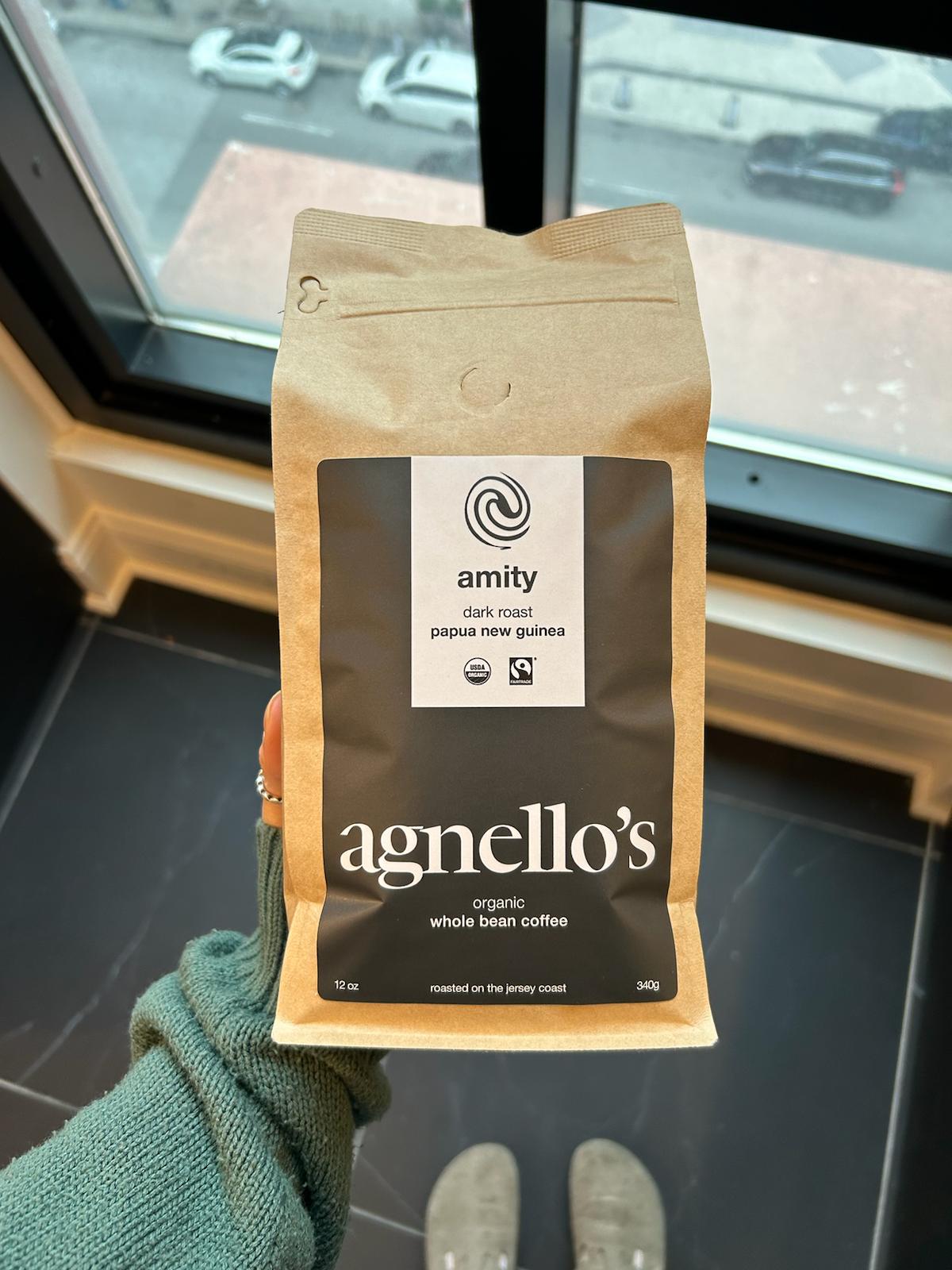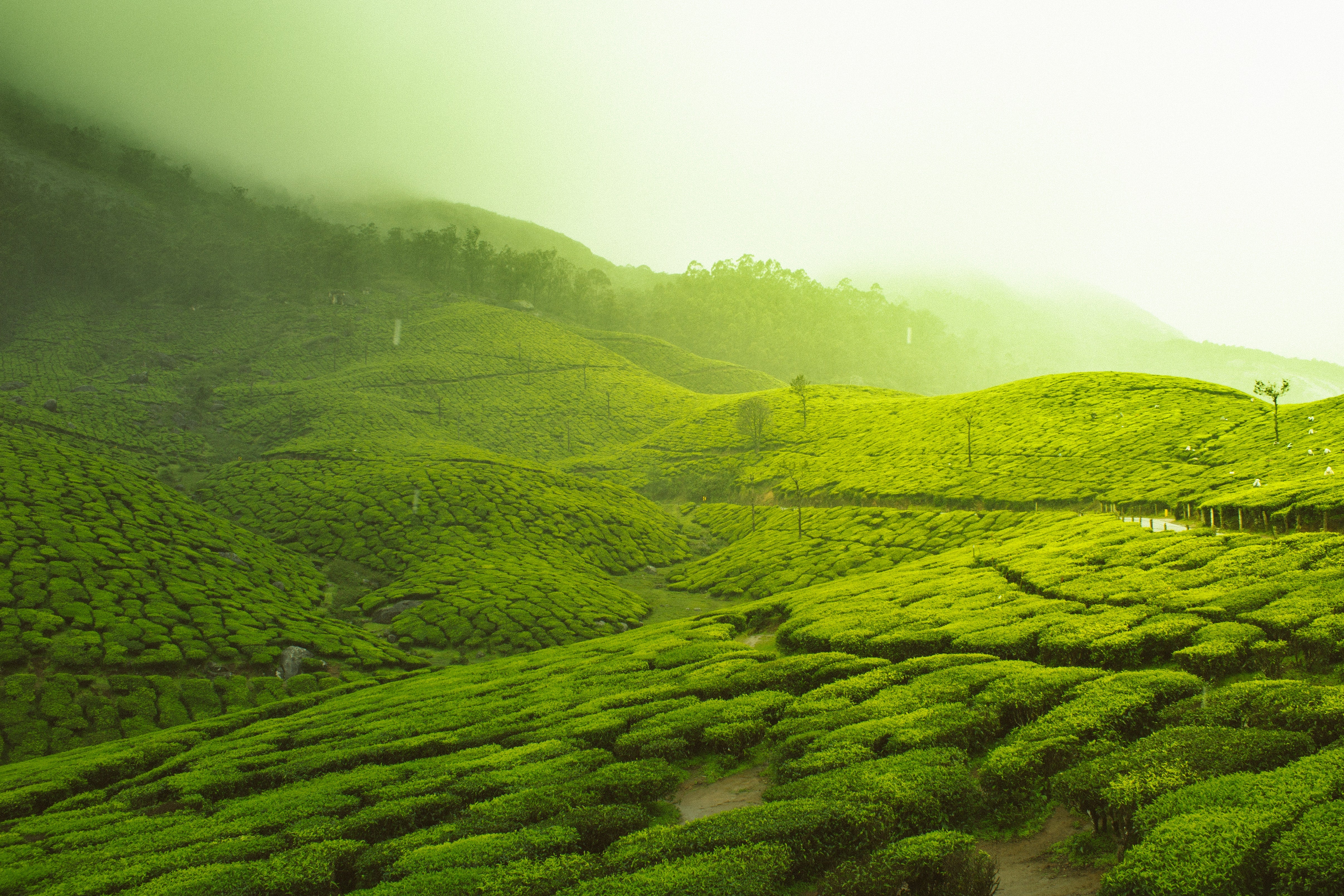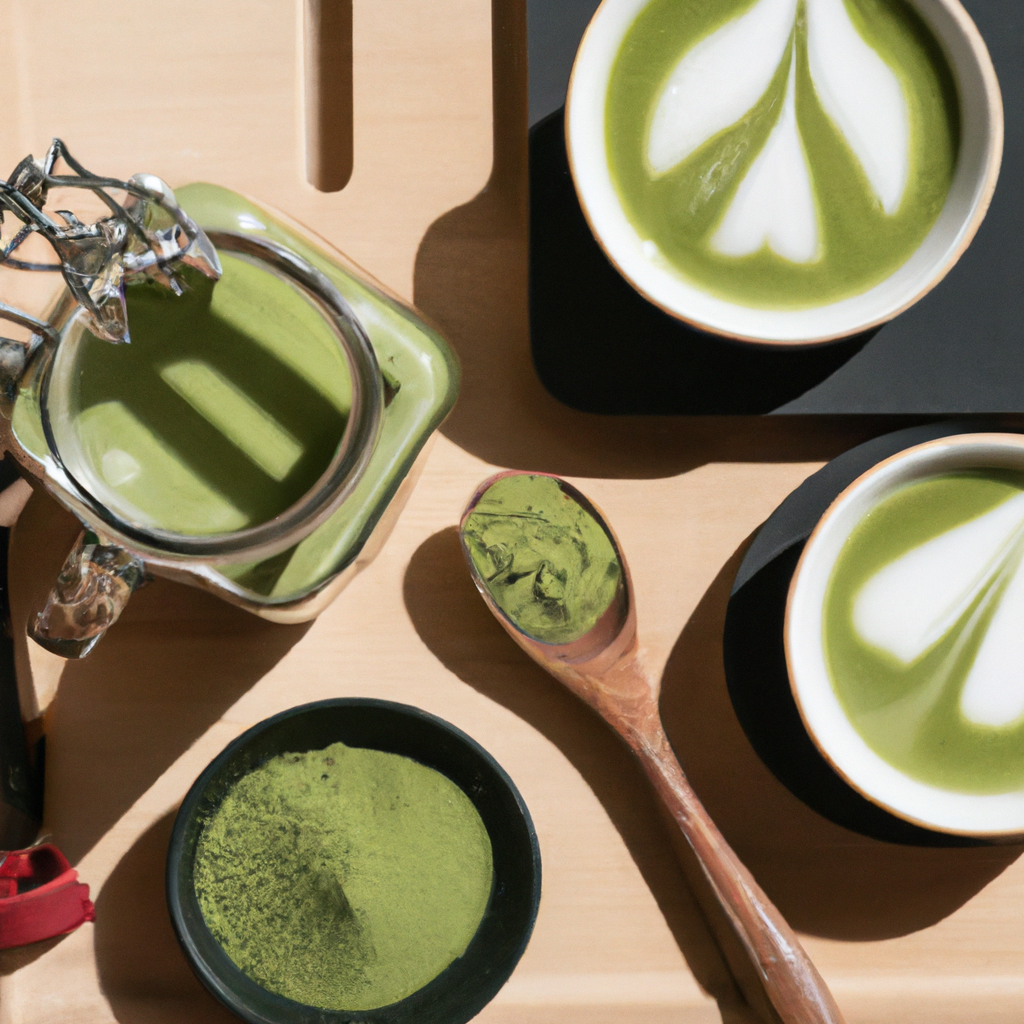Here are 5 reasons why single-origin, stone-ground, ceremonial-grade matcha is the highest quality matcha available, and why you should choose this type of matcha for maximum health benefits:
-
Consistent and High-Quality Matcha: Single-origin matcha is grown and harvested in a single location, resulting in a more consistent and higher quality matcha. This is because the terroir of the location where the tea leaves are grown can greatly impact the flavor and quality of the tea.
-
Fine and Smooth Texture: Stone-ground matcha means that the tea leaves are ground using traditional stone mills, resulting in a finer and smoother texture. This traditional method of grinding the tea leaves helps to preserve the delicate flavors and nutrients of the tea.
-
Sweet and Mild Taste: Ceremonial-grade matcha is made from the youngest tea leaves and stems, resulting in a sweeter and milder taste, as well as a vibrant green color. Ceremonial-grade matcha is often used in traditional Japanese tea ceremonies, and is considered the highest quality matcha available.
-
Full Health Benefits: Choosing a high-quality matcha ensures that you are getting the full health benefits of the tea, without any harmful additives or lower-quality tea leaves. This means that you can enjoy the immune-boosting, metabolism-boosting, and relaxation-promoting benefits of matcha to the fullest.
-
Delicious and Enjoyable: High-quality matcha often has a more vibrant green color and a sweeter, milder taste, making it a delicious and enjoyable beverage to incorporate into your daily routine. You can enjoy high-quality matcha as a warm beverage or incorporate it into your favorite recipes, such as smoothies, desserts, or savory dishes.
Low quality matcha can be harmful to your health and can greatly diminish the health benefits of the tea. Here are some of the potential negative effects of consuming low quality matcha:
-
High Levels of Lead: Low quality matcha is often made from tea leaves that are grown in polluted areas, such as near highways or industrial zones. These tea leaves may contain high levels of lead, which can be harmful to the body if consumed in large amounts.
-
Contaminants and Additives: Low quality matcha may contain contaminants, such as pesticides or heavy metals, which can be harmful to the body. Additionally, some manufacturers may add fillers or artificial flavors to low quality matcha to enhance the taste or texture, which can reduce the health benefits of the tea.
-
Bitter Taste and Lower Nutrient Content: Low quality matcha may have a bitter taste and a lower nutrient content, which can make it less enjoyable to drink and provide fewer health benefits. This is because the tea leaves used to make low quality matcha may be older, and may not have been grown in optimal conditions.
-
Lack of Quality Control: Low quality matcha may not be subject to the same quality control standards as high quality matcha. This means that the tea leaves may not be screened for contaminants or may not be grown using sustainable farming practices.
In summary, consuming low quality matcha can be harmful to your health and can greatly reduce the health benefits of the tea. It's important to choose high quality, single-origin, stone-ground, ceremonial-grade matcha to ensure that you are getting the full health benefits of the tea without any harmful additives or contaminants.










